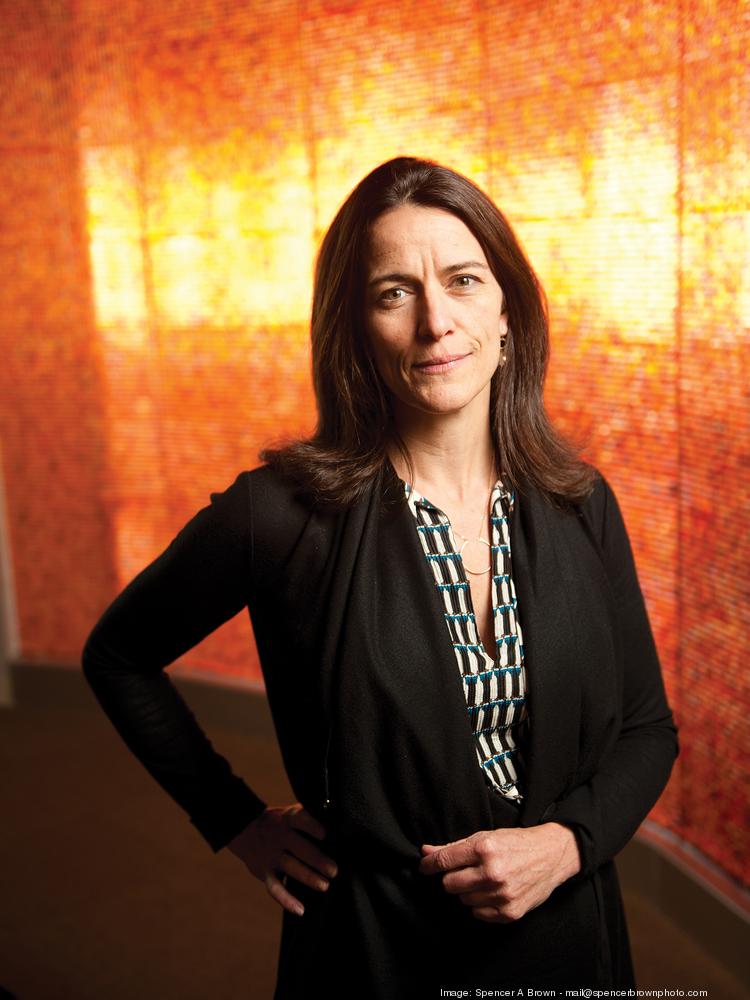Health-care foundations in the Bay Area and elsewhere are increasingly turning to “impact investing” — plowing money into for-profit companies, seeking a financial as well as a social return.
Oakland’s California HealthCare Foundation started with a $10 million fund in late 2010. It’s invested about 75 percent of that money in eight entities — including seven for-profit companies. The rest of the initial funding will likely go to augment those early investments, which so far have taken the form of low-interest loans or convertible debt, as opposed to traditional grants.
“We’re looking for entrepreneurs serving a market of underserved people,” explained Margaret Laws, director of CHCF’s Innovations for the Underserved program.
A key area of interest is entrepreneurs working to make community health clinics more efficient and effective.
As the Affordable Care Act expands access to Medicaid (Medi-Cal in California), it puts more pressure on those clinics to meet the needs of more patients. “Community health centers will bear the brunt,” Laws said.
Locally, CHCF has invested in three South Bay companies, Palo Alto’s Direct Dermatology, Santa Clara’s CareInSync and LifeWave Biomedical in Los Altos, and three San Francisco for-profits, PipelineRx, iRhythm Technologies and Propeller Health.
PipelineRx, a virtual pharmacy oversight company, helps small hospitals, many of them rural, ensure they’re prescribing the right dose for the right patient at the right time, Laws said.
“We invested in that company pretty early,” she said, when it had 14 customers. Now it has more than 70, and “just raised a big growth round of capital.”
Similarly, Direct Dermatology is using $740,000 from CHCF and another $500,000 from Kresge Foundation to bolster its management team and “deploy our services to rural and underserved areas in California and now Hawaii,” said co-founder and CEO David Wong, M.D.
It links about 250 primary care clinics statewide with dermatology specialists, most of them in urban areas like San Francisco, Los Angeles and San Diego, who can diagnose conditions remotely using electronic images.
More in the works
Early this month, CHCF said it will work with the much-larger Kresge Foundation to invest at least $5 million in companies that have technologies to help community clinics improve access and efficiency.
A big investment along these lines in a company “with Bay Area roots” is expected shortly, according to foundation officials, but they’re mum on the details.
“It’s definitely a trend in the field,” said Peter Long, CEO of the San Francisco-based Blue Shield of California Foundation, the philanthropic arm of Blue Shield of California. His foundation hasn’t made for-profit investments itself, Long said, but it works closely with CHCF and others who have taken that step.
The Blue Shield foundation typically works with organizations doing good work that isn’t necessarily “financially viable” without outside assistance, while the new CHCF innovation fund is meant to help companies with potentially scalable models that could ultimately make a big dent in seemingly intractable social problems.
Sometimes CHCF identifies organizations that can use Blue Shield’s approach, Long said. Sometimes Blue Shield sends potential investment opportunities to Laws’ group.
“We definitely are participating, but we don’t see it as a space where we’re going to be a big player,” Long said.
More broadly, philanthropic foundations such as the California Endowment, Robert Wood Johnson Foundation, and Kresge are making impact-investing moves, sometimes in for-profit companies and sometimes in nonprofit organizations, according to a CHCF report in December.
In 2012, for example, 13 foundations and three other organizations made such “impact investments,” the study reported, investing $81.2 million.
Oakland-based Kaiser Permanente has long made investments in for-profit enterprises through its KP Ventures venture capital arm.
Its current portfolio includes HealthCatalyst, iRhythm Technologies, Agile Therapeutics, Astute Medical and others. Portfolio companies that have gone public or spun off include Broadlane, Calypso and Zonare.
Kaiser’s unit operates more like a traditional venture capital firm, but CHCF’s focus is finding for-profit companies it believes have a chance to scale up in ways that will help safety net facilities and similar organizations do a better job of doing what they do.
Sometimes that means piggybacking off other investors or plowing the ground so others can later join in.
“Working with the usual suspects is probably not going to uncover the most innovative solutions,” Laws said, noting that some of CHCF’s best opportunities are coming from health care venture companies, generally “things that are too small or a little too early” for the VCs.
That’s the niche she’s looking for, if it helps the foundation serve its mission in a socially and financially responsible way.
 Margaret Laws is looking for entrepreneurs who serve underserved people for California…
Margaret Laws is looking for entrepreneurs who serve underserved people for California…